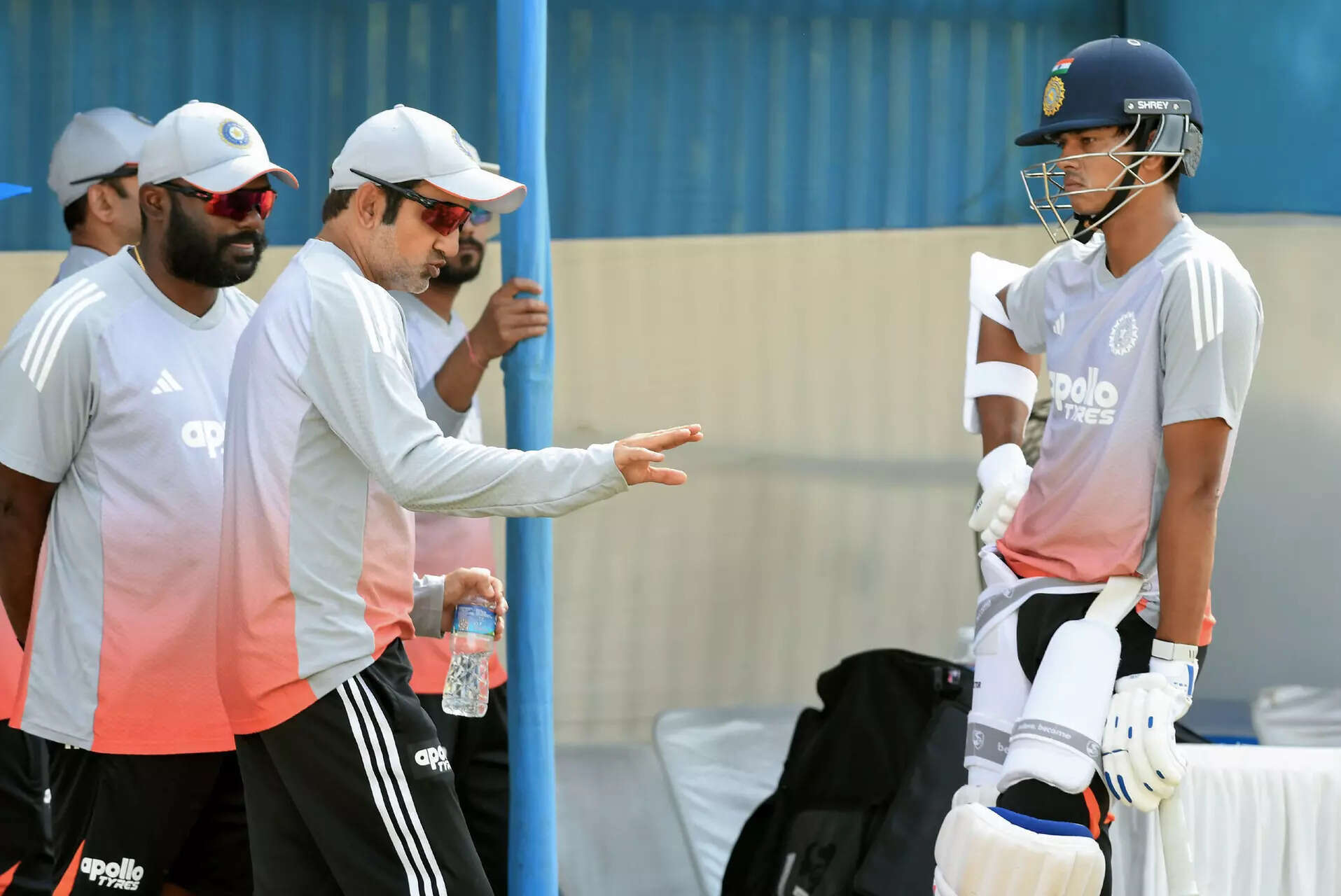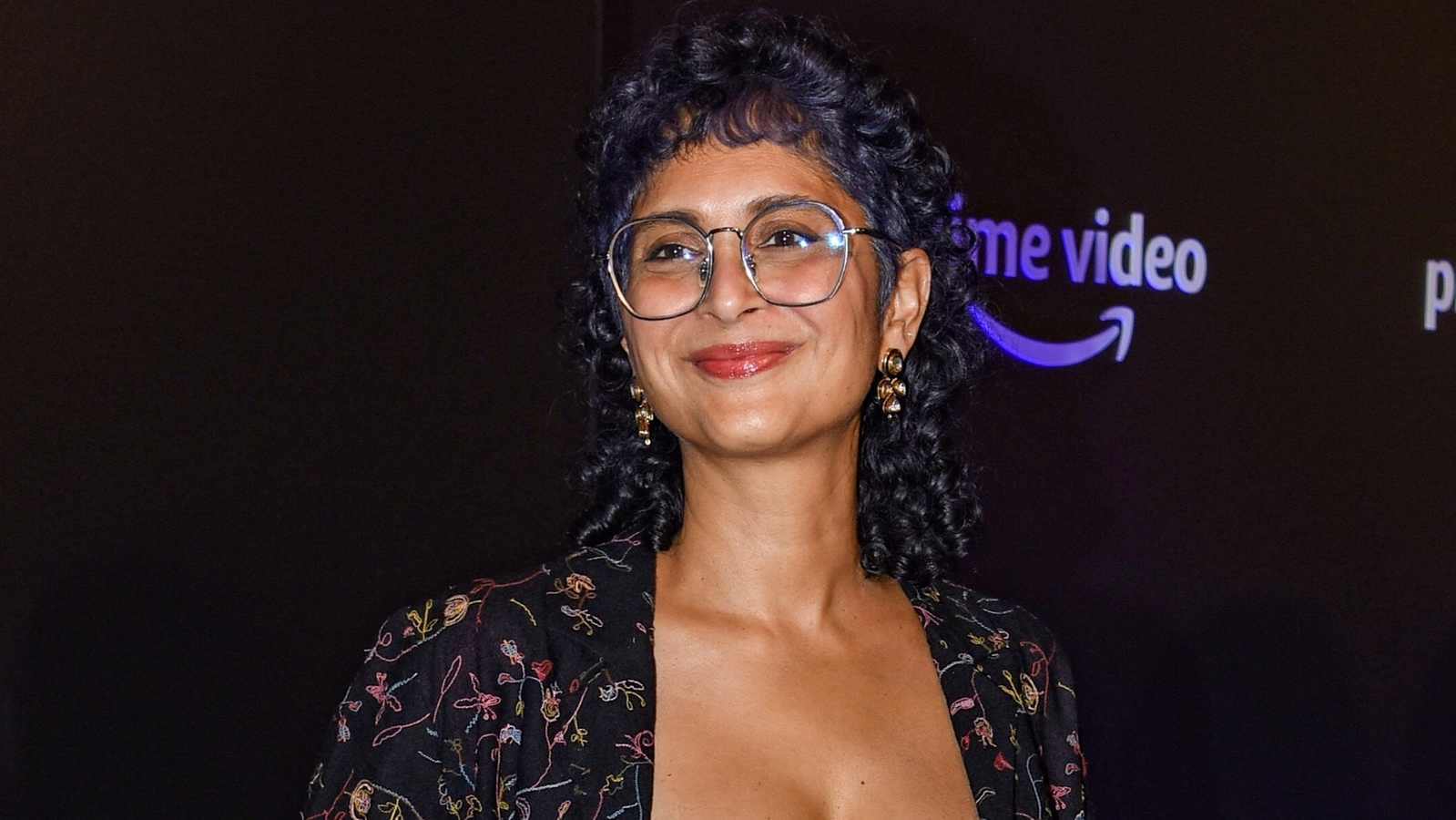The debate around the rising cost of entourage has taken over the Hindi film industry, and director Kiran Rao admits the high cost of teams is one of the reasons that pushes her tow work with newcomers. She launched three new actors–Nitanshi Goel, Pratibha Ranta and Sparsh Shrivastava–with Laapataa Ladies last year, and she asserts that they came without any such baggage.

“Organically, they just fit the scenario of an independent film and I make films that way. Even if the budgets have grown from Dhobi Ghat to Laapataa Ladies, in spirit, my filmmaking is very independent, the idea being that everybody on set is treated kind of equally. We believe in having fair working hours, but making things as tightly as possible, with as few resources and trying not to be wasteful. Fresh actors are much easier following those rules,” she says.
Having launched three outsiders with her film and seen her ex-husband, actor Aamir Khan’s son Junaid Khan, make their acting debuts around the same time, did she see any difference in the audience’s perception towards them? “When you have a so-called ‘nepo kid’ coming into the industry, they have a certain kind of baggage that they cannot avoid. They are constantly looked at through the lens of privilege, that they are getting there with all the kinds of shortcuts that other kids don’t have. I understand that but in most cases, now that I know so many film families, I’ve seen how hard and equally difficult sometimes their journey is. The obstacles that they have are different, they may not be worse or better, but they are the obstacles of perception,” she responds.
Elaborating further, Kiran Rao says, “In the case of any other new actor, there is no perception of you and people are willing to grow with you, understand your strengths and love you for your weaknesses. Whereas they come at a nepo kid with a different set of perceptions and expectations. So those are the things that any child from a film family has to deal with. Ultimately, your work will speak for itself and many times, it takes a film family child, many films in order to become successful. That’s the journey of most star kids in front of the camera.”
Ask her if she feels it’s actually easier for an outsider to make a mark in the film industry than a star kid, and Kiran answers in the affirmative. “I actually agree with it. I also feel that in today’s world people want to discover talent. They don’t like to be told that this person is there. They have a curiosity about stars and their children, but in order to make a person a star, they feel a responsibility,” she says.
However, Kiran highlights a much important issue. “Honestly, the conversation here to talk about is the death of stardom in some ways. There is no star system today. Stars are now being found in different ways. It’s in people with a following, who the audience look forward to seeing. They could come from a Reel, a series, a film, or it could even be a director. Those are the new stars, whose work is being followed more closely and sometimes it won’t be somebody even you and I know because everybody has their own little sort of echo chambers and following. That’s now the new world, the idea of stardom has changed,” she ends.












